RRR - A Leadership Framework for Talent Mgmt
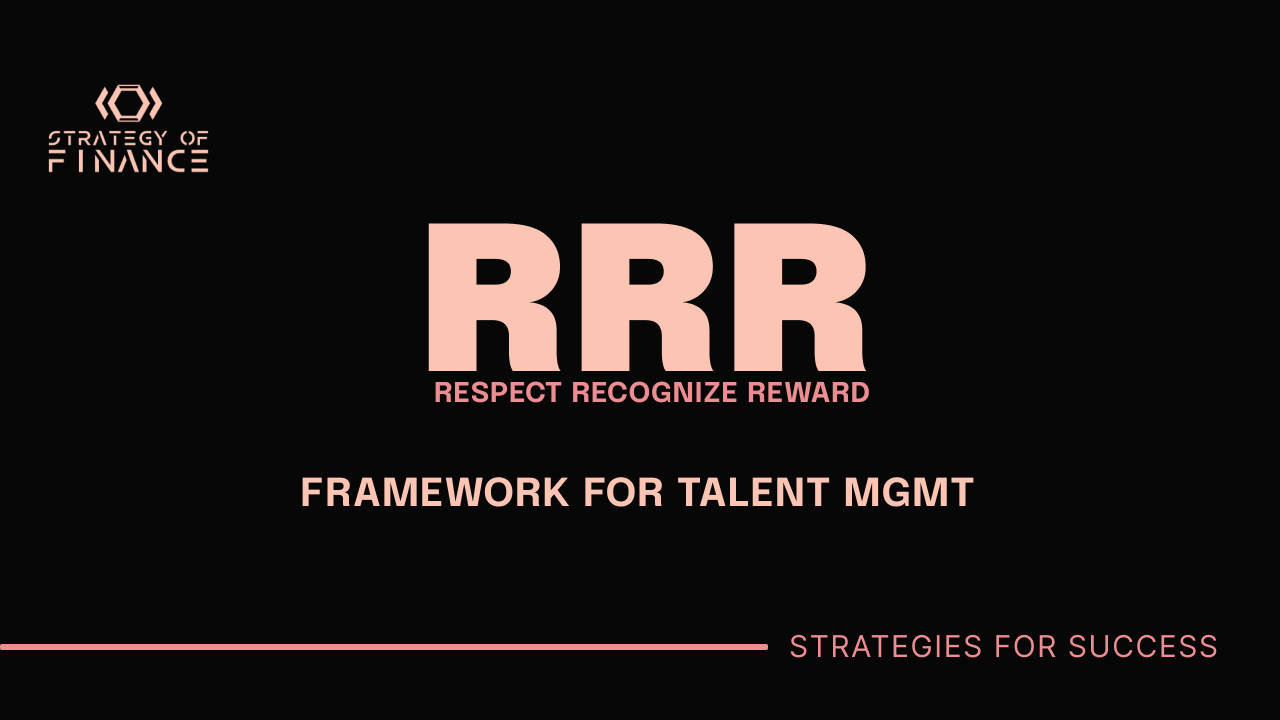
RRR - A Leadership Framework for Talent Mgmt
Effective leadership is the cornerstone of any successful team in today's dynamic business world. Regardless of the team's size, the principles of effective leadership remain constant and crucial. Arvind Agarwal, Group CFO of PayU India, brings to the forefront a leadership approach that is both simple and profound, distilled from years of experience managing teams as large as 300 professionals. His method, known as the 3R Framework — Respect, Recognition, and Reward — offers a blueprint for fostering a positive and productive work environment that goes beyond conventional strategies.
RESPECT. RECOGNITION. REWARD.
Treating Everyone with Respect
At the heart of effective leadership lies the principle of respect. Treating team members with dignity and understanding is not just a moral imperative but also a strategic one. As a fundamental human need, respect in the workplace sets the tone for all interactions and is the bedrock upon which successful teams are built. A culture of respect encourages open communication, mutual understanding, and a sense of belonging among team members. It's about acknowledging each person's inherent value and contribution to the team. In a world where performance pressures often lead to high-stress environments, Agarwal emphasizes the importance of maintaining respect as a non-negotiable foundation. "The golden rule...treat everyone the way you want to be treated," says Agarwal, underscoring the timeless relevance of this principle.
Recognition: The Key to Motivation
Moving beyond the basics of respect, Agarwal introduces the second R: Recognition. Recognition goes beyond mere acknowledgment; it affirms someone's value and contributions to the team. It's about noticing team members' hard work, dedication, and achievements and making these acknowledgments public. Recognition is a powerful motivator, enhancing an individual's sense of worth and belonging within the team. It signals to others the behaviors and efforts that are valued, creating a positive feedback loop that encourages continued excellence. Agarwal advises, "If something is job well done, you better say job well done, and you say it publicly," illustrating the transformative impact of recognition on team morale and motivation.
Reward: Reflecting Value Through Compensation
The final element of the 3R Framework, Reward, connects the dots between recognition and tangible outcomes. It's about ensuring that hard work and achievements translate into meaningful benefits, whether through bonuses, promotions, or other forms of compensation. Competitive and fair rewards not only reflect the organization's appreciation for its team members but also contribute to a culture of meritocracy. This aspect of leadership is crucial for retaining top talent and fostering a motivated workforce. It reflects an understanding that while recognition is vital, rewarding effort and results materially can significantly enhance motivation and loyalty.
A Personal Approach to Leadership
Agarwal's leadership style is deeply personal and rooted in the belief that focusing on individuals' strengths rather than their weaknesses yields the best results. "I also realize that five fingers are not the same, which is, people come with different skill sets and different orientations and backgrounds. You need to identify the potential and the stronger aspect of the skill set in one individual and then harness that rather than focusing on the weak areas," he shares. By acting as a coach and mentor, Agarwal aims to elevate his team members, allowing them to leverage their strengths and grow professionally. This approach maximizes the team's overall performance and contributes to each individual's personal and professional growth.
Building Lasting Relationships
Leadership is not one-size-fits-all; it requires flexibility, empathy, and a willingness to adapt to the needs of the team and its members. A testament to Agarwal's effective leadership is his ability to foster lasting relationships with his team members, many of whom seek to work with him again. "I take this pride that even after changing, let's say, five, six companies, people who worked with me...wants to work with me yet again because you know it's a mutual respect and relationship of recognition and reward, also learning from each other," he reflects. This enduring loyalty speaks volumes about the impact of leadership that values respect, recognition, and reward.
Conclusion
The RRR or 3R Framework of leadership — Respect, Recognition, and Reward — presents a refreshing and effective approach to leadership in the modern business landscape. By embracing these principles, leaders can cultivate a work environment where team members feel valued, motivated, and empowered to achieve their full potential. Agarwal's framework serves as a reminder that leadership is not just about achieving goals but about building a culture that values each individual and fostering a team that is cohesive, resilient, and successful. As leaders navigate the complexities of managing diverse teams, incorporating the 3R Framework into their leadership practices can make a significant difference in achieving lasting success and fulfillment for both leaders and their teams.
***
Feb 09, 2024 By Rohit Agarwal
Check out the video on the framework at https://youtube.com/shorts/zzApd1qpITw
Related Content
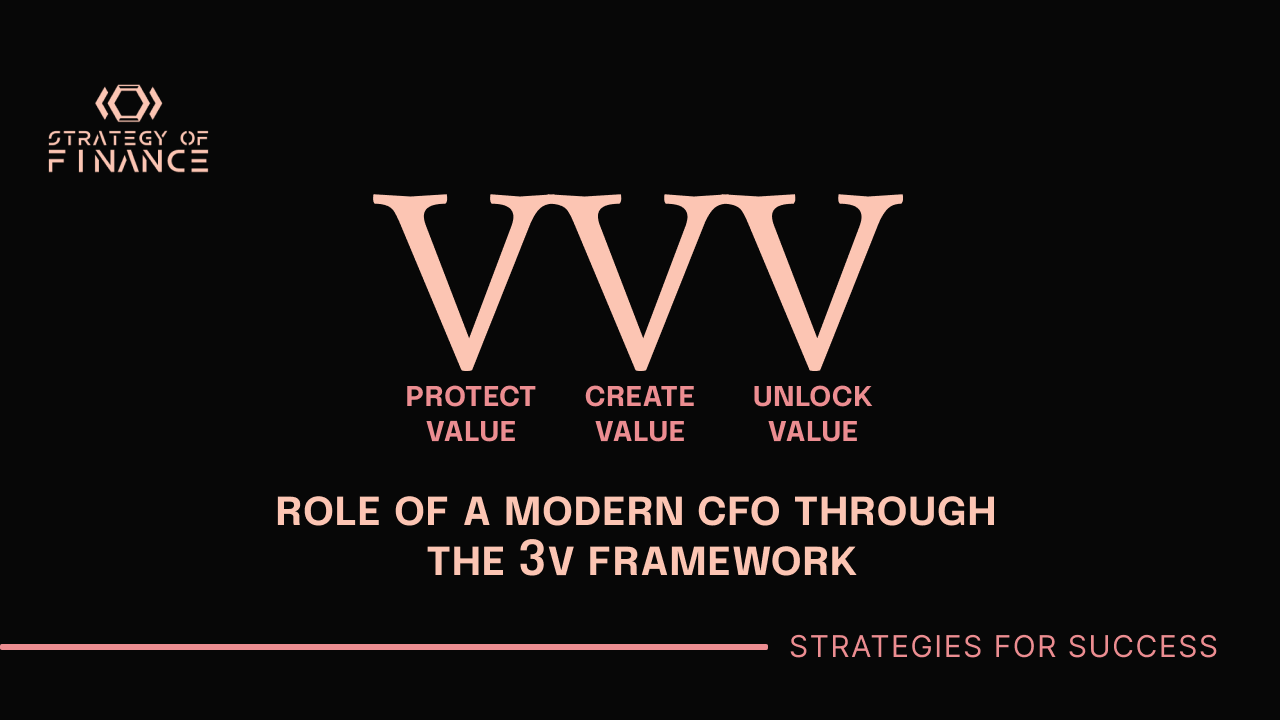
Feb 14, 2024
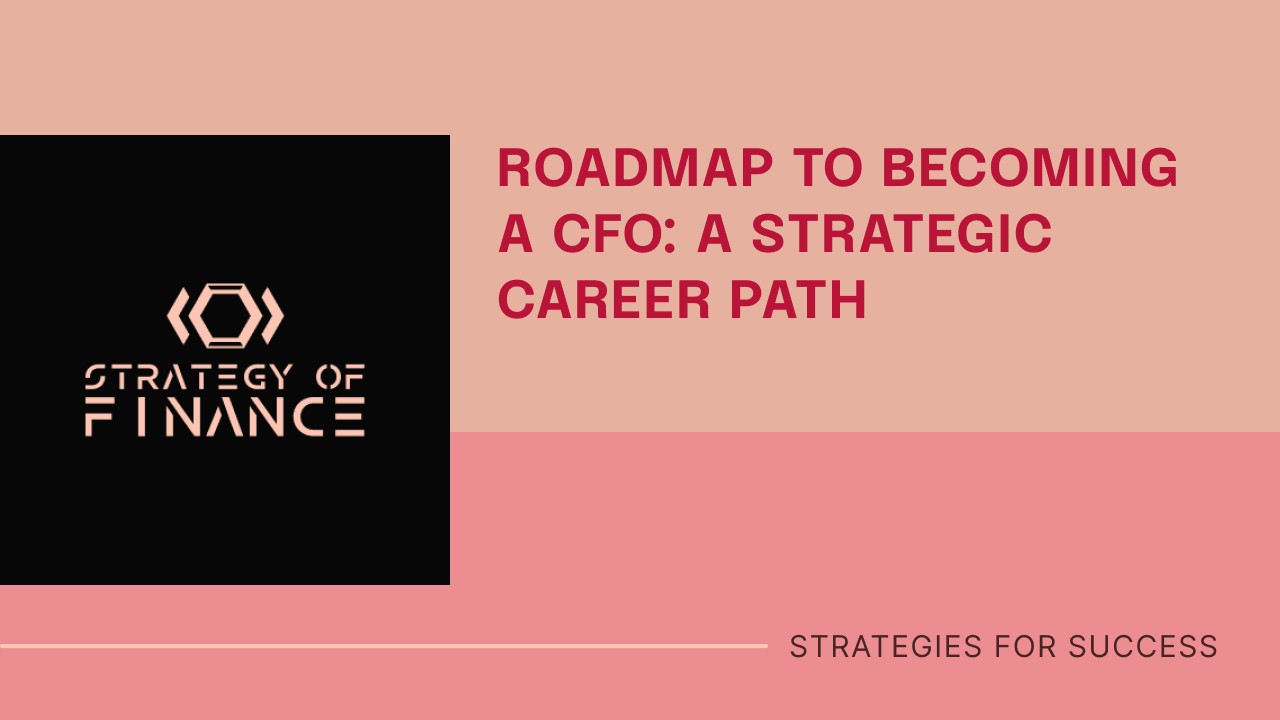
Jan 29, 2024
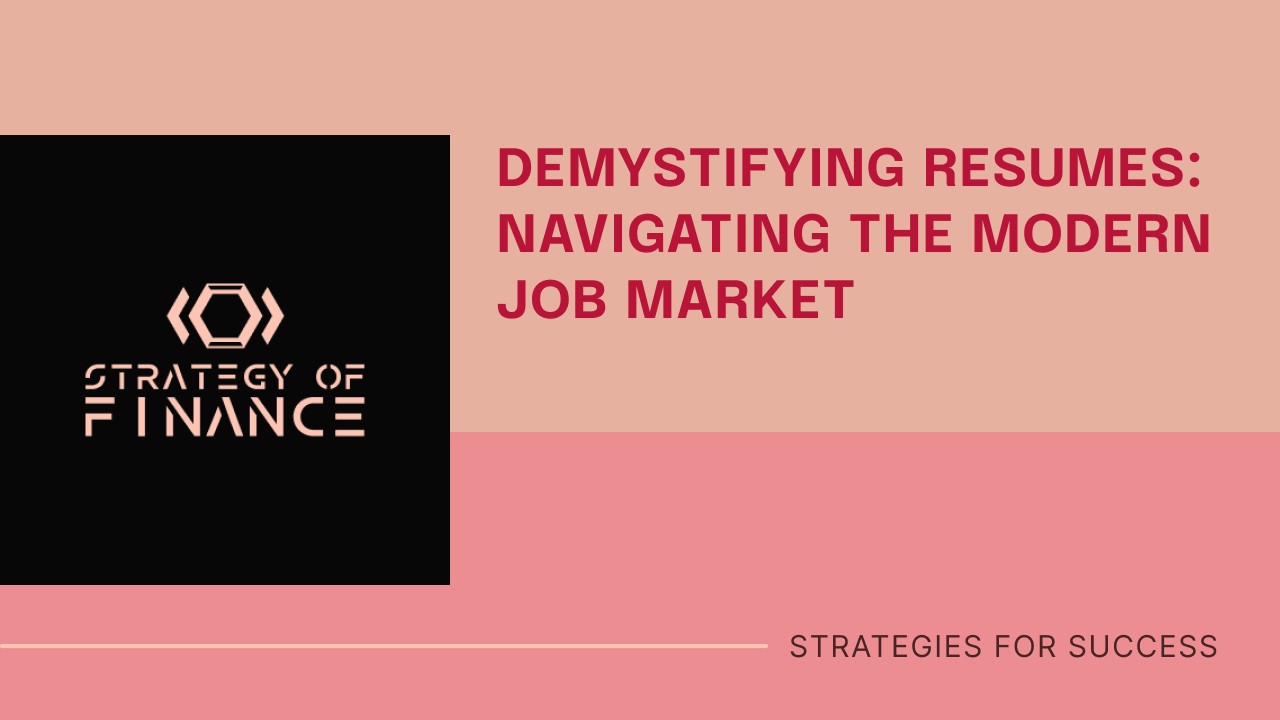
Jan 25, 2024
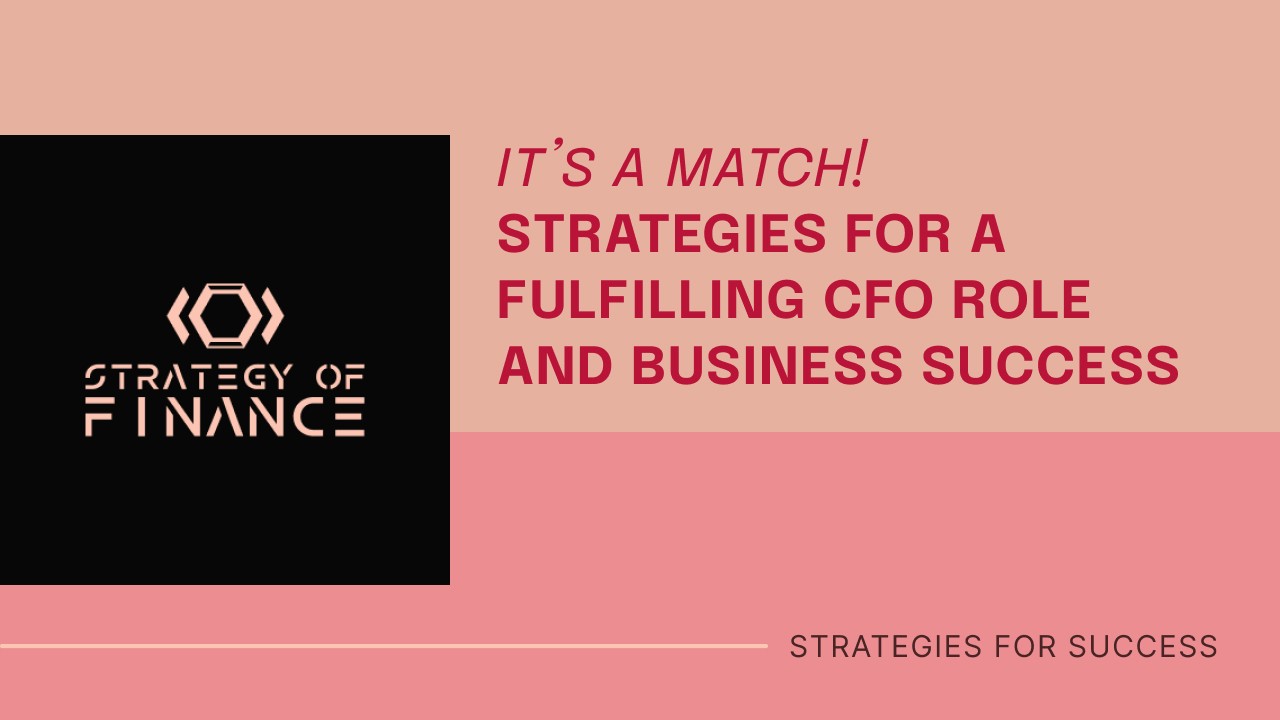
Jan 24, 2024
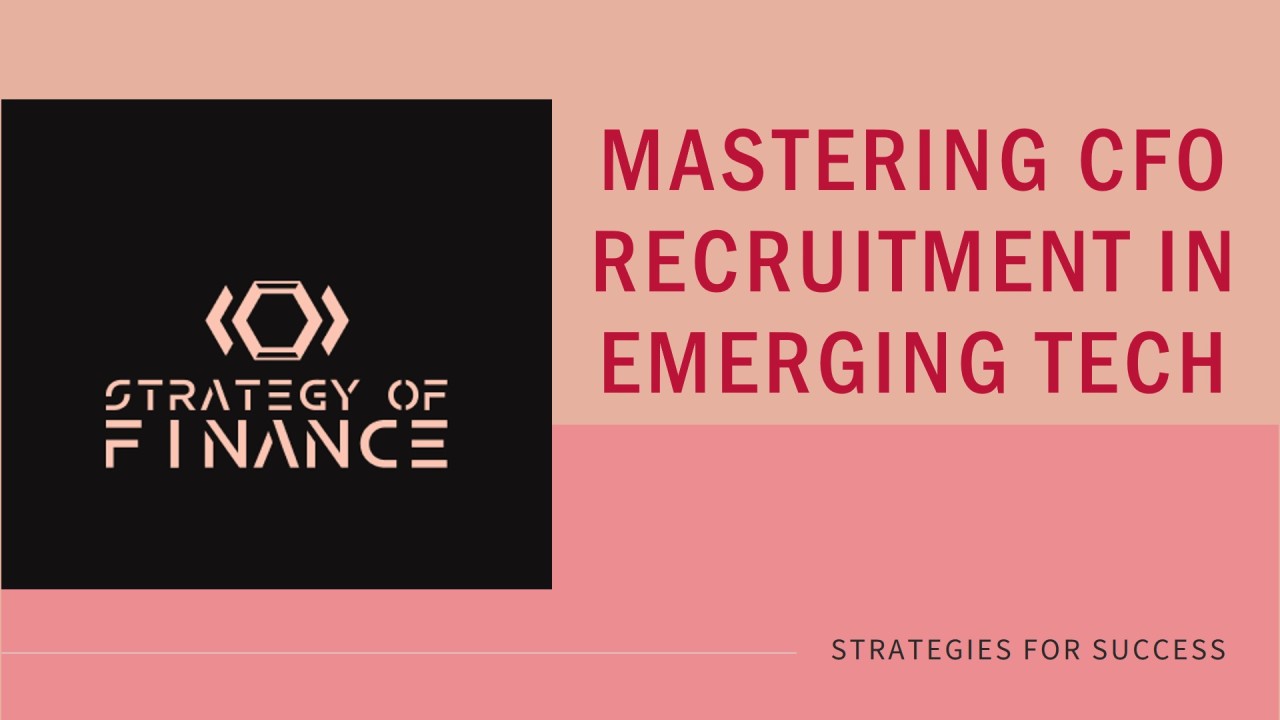
Jan 23, 2024

SoF Summaries - EP 005
June 11, 2023

SoF Summaries - EP 004
May 28, 2023

SoF Summaries - EP 003
May 4, 2023








